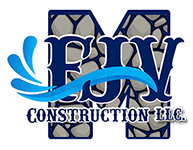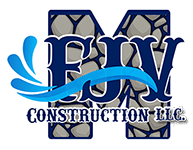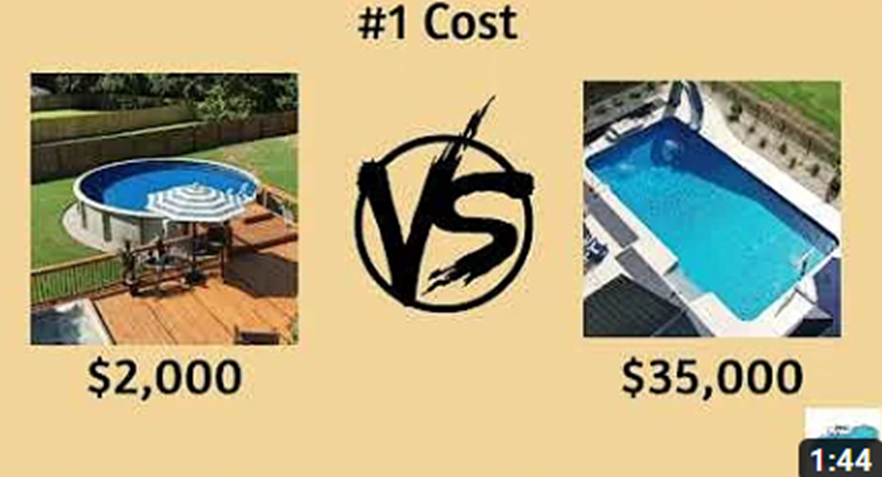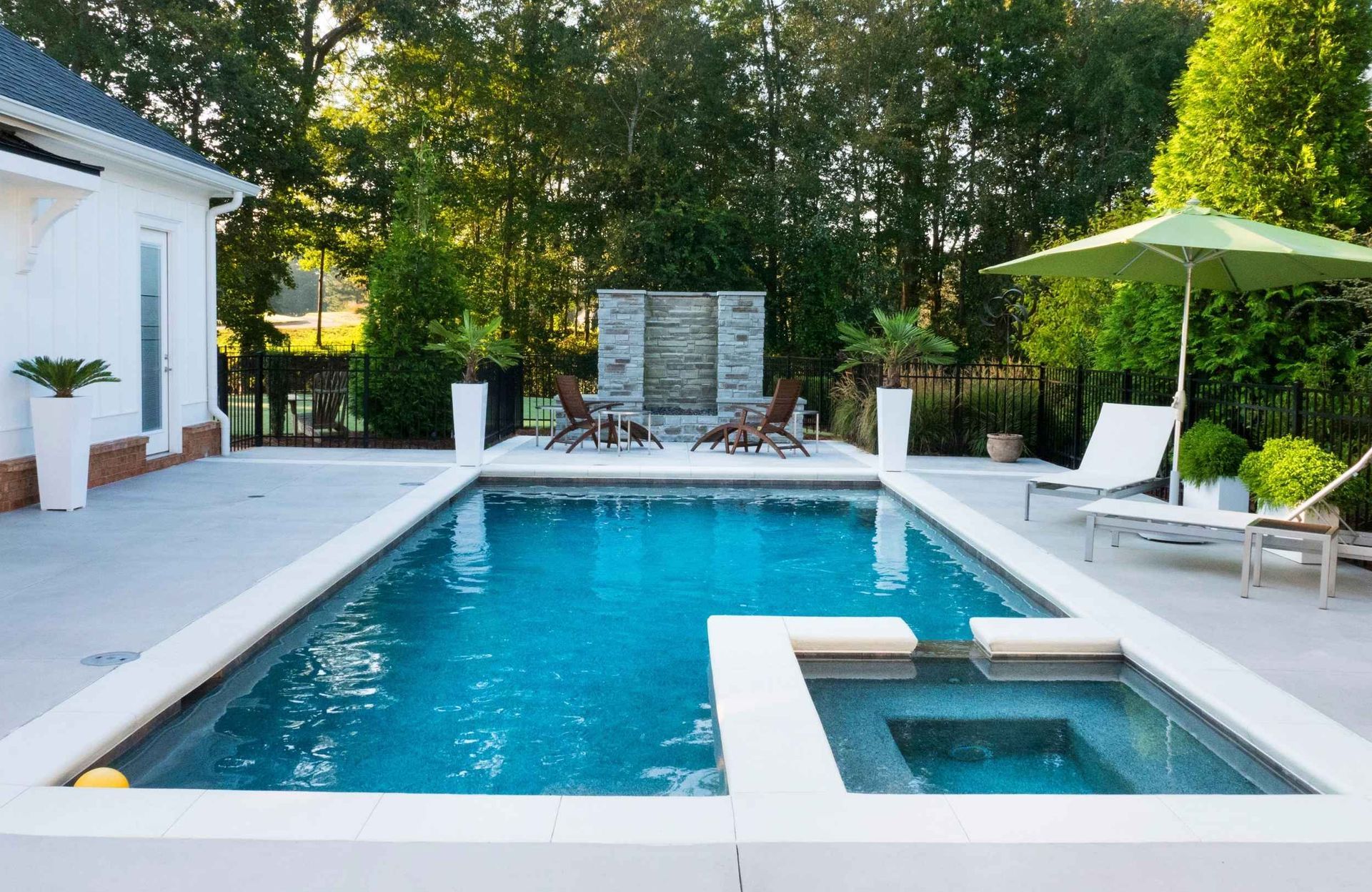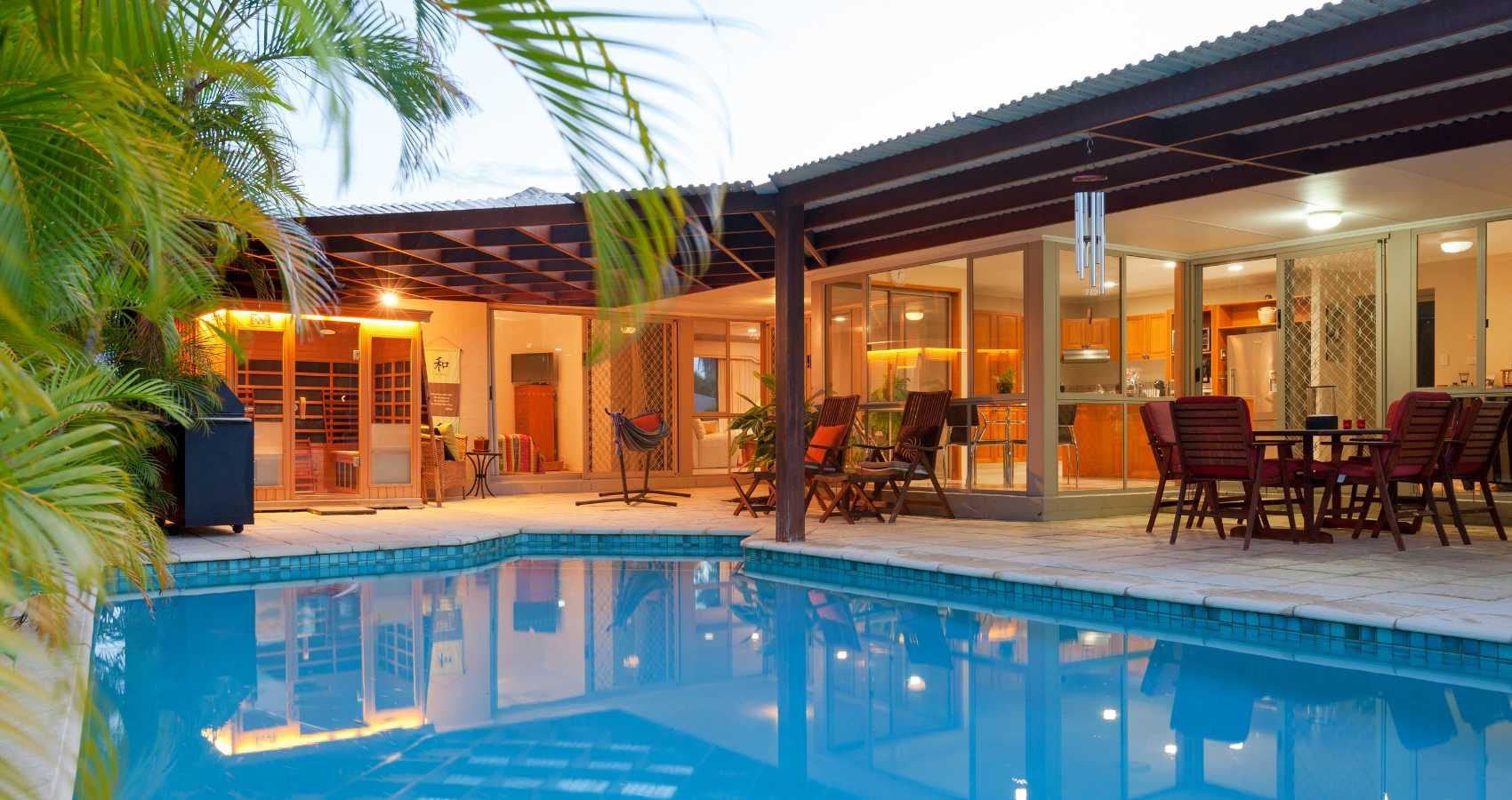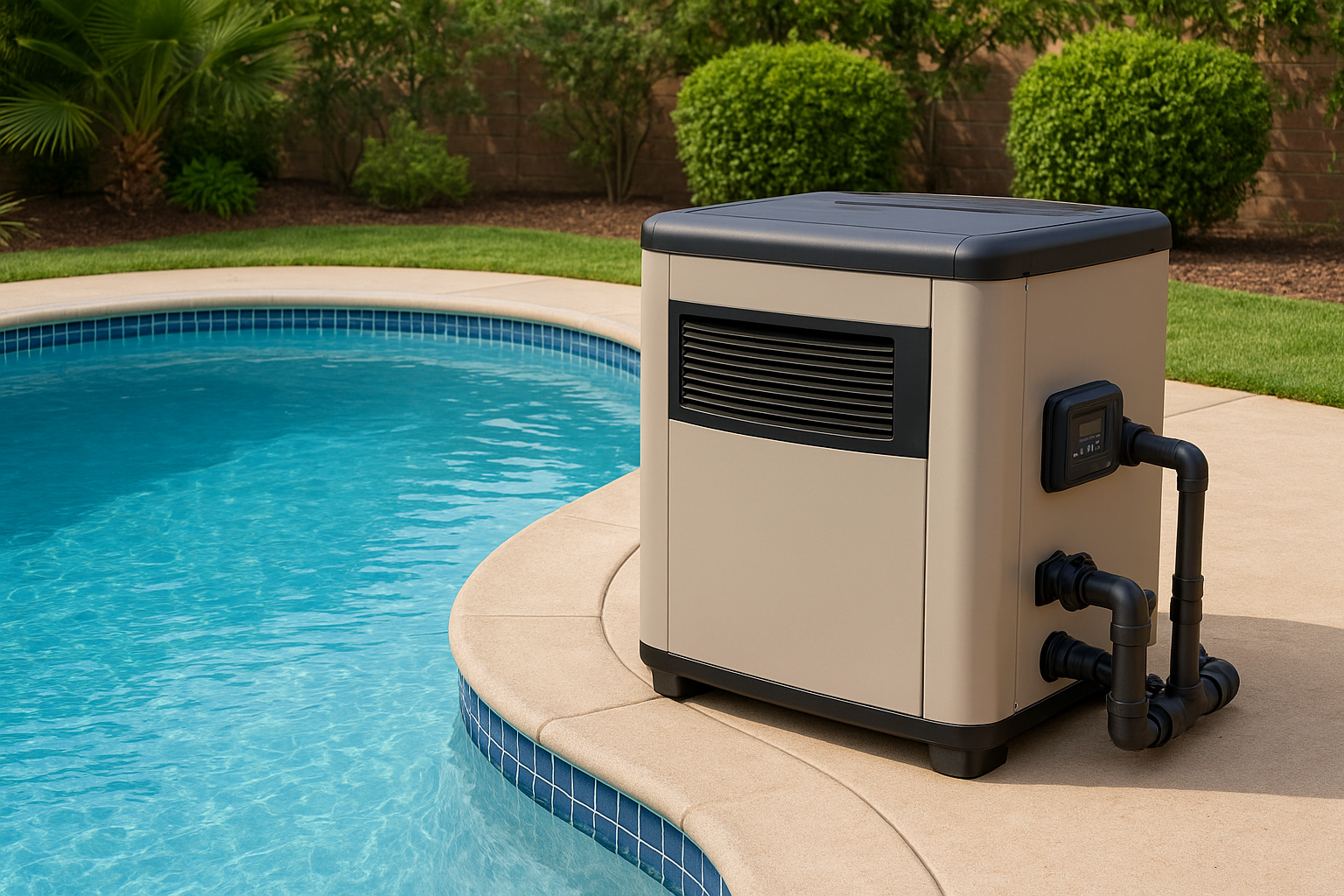Top 10 Tips for a Seamless Inground Pool Installation
Table of Contents
- What is an Inground Pool?
- Why Choose an Inground Pool?
- Top 10 Tips for a Seamless Inground Pool Installation
- How to Choose the Right Pool Contractor?
- Inground Pool Maintenance Tips
- FAQs
- Conclusion
Key Takeaways
- Proper planning and budgeting are foundational for a successful installation.
- Choosing the right pool type and material is crucial.
- Compliance with legal requirements prevents future issues.
- Selecting a reputable contractor like FJV Construction - Bethel CT ensures quality work.
- Regular maintenance is essential for the longevity of the pool.
- Consider eco-friendly options that benefit both the environment and long-term costs.
What is an Inground Pool?
An inground pool is a permanent addition to home landscaping, representing elegance and luxury. Unlike above-ground pools, inground pools are constructed by excavating a space in the ground, followed by building a robust and permanent structure within this space. This process allows for a range of customization options in terms of size, shape, and depth, making each inground pool unique to its property.
Inground Pool vs. Above Ground Pool
When creating the perfect backyard oasis, choosing between an inground pool and an above-ground pool can be a pivotal decision. Both options offer unique advantages and considerations depending on your preferences, budget, and space. But how do they compare?
| Criteria | Inground Pool | Above-Ground Pool |
|---|---|---|
| Installation | Significantly more expensive and often requires professional installation | More budget-friendly, easier to install, and can be relocated |
| Aesthetics | Epitome of luxury, seamlessly integrates into landscape, customizable with water features and landscaping | May lack the grandeur of inground pools, but modern designs can be attractive |
| Durability | Highly durable and permanent | Shorter lifespan, may not increase property value |
| Maintenance | Higher maintenance costs | Lower maintenance requirements |
| Flexibility | Permanent fixture, less flexible in terms of relocation | Portable, can be relocated |
| Cost | More expensive upfront and in maintenance | More budget-friendly upfront, lower maintenance costs |
| Space Requirements | Requires ample space, may need specific layout planning | Generally requires less space and offers more flexibility |
| Property Value Impact | Enhances property value | May not significantly increase property value |
| Ideal For | Those seeking a lavish, permanent backyard retreat | Those on a budget or looking for a flexible, temporary option |
| Deciding Factors | Budget Available space Desire for permanence | Budget Flexibility Willingness to compromise on aesthetics |
Ultimately, the choice between inground and above-ground pools hinges on your budget, space, and long-term plans. For those seeking a lavish backyard retreat and are willing to invest, an inground pool may be the way to go. However, an above-ground pool can provide hours of refreshing fun without breaking the bank if you're looking for a more affordable and flexible option.
Why Choose an Inground Pool?
Inground pool installations are more than just a luxury; they're an investment in enhancing your lifestyle and property. Here's why opting for an inground pool is a wise decision:
1. Customization and Aesthetic Appeal
Inground pools offer unparalleled customization options. Unlike above-ground pools, which come in predetermined shapes and sizes, inground pools can be tailored to fit any design or space. Whether you desire a classic rectangular pool, a free-form lagoon, or a sophisticated infinity edge, inground pool installation allows you to bring your vision to life. This level of customization extends to the pool's surroundings, allowing for a seamless integration with your existing landscape and enhancing the overall aesthetic appeal of your property.
2. Durability and Quality
When it comes to longevity and quality, inground pools excel. Constructed with materials like concrete, vinyl, or fiberglass, they are designed to withstand varying weather conditions and provide many years of enjoyment. The inground pool installation process involves meticulous engineering and quality materials, ensuring a durable and long-lasting structure that can significantly increase the value of your home.
3. Enhanced Entertainment and Recreation
An inground pool serves as a focal point for entertainment and recreation. It provides a private retreat for family and friends to gather, relax, and enjoy various activities. From hosting pool parties to enjoying a quiet swim, the versatility of an inground pool caters to all ages and lifestyles. The convenience of having such a recreational space right in your backyard transforms your home into a personal resort.
4. Health and Wellness Benefits
Beyond entertainment, inground pools offer numerous health and wellness benefits. Swimming is a low-impact exercise that improves cardiovascular health, flexibility, and muscle strength. An inground pool encourages a more active lifestyle and provides a tranquil setting for relaxation and stress relief. The therapeutic benefits of water have been long recognized, making inground pool installations a valuable addition for those seeking a balance of physical and mental well-being.
Top 10 Tips for a Seamless Inground Pool Installation
Inground pool installation requires meticulous planning and execution. Here are ten tips to ensure a smooth process:
1. Assess Your Space Carefully
An accurate yard assessment is crucial for a successful inground pool installation. Evaluate the dimensions, landscape, and soil condition. Consider how the pool will blend with your existing outdoor space. Remember, the pool's placement shouldn't interfere with underground utilities or be overshadowed by trees. Also, consider future landscaping or construction projects and ensure your pool location accommodates these plans.
2. Set a Realistic Budget
A realistic budget for inground pool installation encompasses more than just the initial construction cost. It should include expenses for excavation, materials, labor, and additional features like lighting or a heating system. Don’t forget ongoing maintenance, repairs, and utility costs. Obtain multiple quotes and consider future costs to avoid financial surprises. Setting a well-thought-out budget ensures your project stays on track financially.
3. Choose the Right Type of Pool
Selecting the right material for your inground pool is vital. Concrete pools are highly durable and customizable but require significant maintenance. Vinyl-lined pools are cost-effective and have a non-abrasive surface but may need liner replacements over time. Fiberglass pools are quick to install and low maintenance but offer less flexibility in size and shape. Your choice should align with your maintenance willingness, aesthetic desires, and budget constraints.
4. Get the Necessary Permits
Obtaining the right permits is a critical legal step in the inground pool installation process. Local regulations vary, but most require permits to ensure safety standards and proper construction practices. Start this process early to identify what’s required in your area. Engaging with a knowledgeable contractor can help navigate these regulations, ensuring your project adheres to local codes and safety standards.
5. Plan for Landscaping and Extras
Integrating landscaping and additional features during the inground pool installation can significantly enhance your outdoor space. Consider how the pool’s design will complement your yard’s existing elements. Plan for functional and aesthetic additions like walkways, lighting, and plantings. Thoughtful landscaping can transform your pool area into a cohesive, inviting outdoor living space.
6. Consider the Timing
The timing of your inground pool installation can impact its cost and duration. While spring and summer are popular, starting your project in the fall or winter might offer cost benefits and quicker completion due to lower demand. Consider your local climate and contractor availability when planning your project timeline. Off-peak seasons might also offer more flexibility for scheduling and potentially better deals from contractors.
7. Ensure Proper Drainage
Effective drainage is crucial to protect your inground pool and property. Poor drainage can lead to soil erosion, water pooling, and potential damage to the pool structure. Ensure your design includes a comprehensive drainage system to manage water effectively. This may involve grading the landscape, installing drains, or incorporating overflow channels to direct water away from the pool and your home.
8. Think About Long-Term Maintenance
Inground pools require ongoing maintenance to remain clean, safe, and functional. Consider the long-term upkeep in cleaning, balancing water chemistry, and equipment maintenance. Different pool types have different maintenance needs; concrete pools may need more frequent acid washing and resurfacing. Factor these considerations into your decision to ensure your pool remains a joy, not a burden.
9. Safety Measures
Incorporating safety measures is a non-negotiable aspect of inground pool installation. Install barriers like fencing with self-closing gates to prevent unsupervised access, especially for children and pets. Consider alarms, safety covers, and slip-resistant materials around the pool. Adhering to safety guidelines ensures compliance with local regulations and provides peace of mind.
10. Hire a Professional Pool Contractor
Hiring a professional pool contractor ensures your pool is constructed safely and to the highest standards. A professional contractor like FJV Construction - Bethel CT can provide valuable insights throughout the process, from design to execution. They bring experience in handling permits, understanding local regulations, and troubleshooting potential problems. A reliable pool contractor will ensure the inground pool installation process is smooth and help make informed decisions that align with your vision and budget.
How to Choose the Right Pool Contractor?
Selecting the right contractor is a critical step in ensuring the success of your inground pool installation. Here are six essential tips to help you find a reputable contractor:
1. Conduct Thorough Research
Begin with thorough research. Look for contractors who specialize in inground pool installation. Check online reviews, ratings, and their portfolio of completed projects. A contractor’s past work can give you insights into their quality and style.
2. Check for Licensing and Insurance
Ensure that the contractor is licensed and insured. This is crucial for any inground pool installation, as it protects you from liability in case of accidents or damage during the construction process. A licensed contractor will also adhere to the required building codes and standards.
3. Seek Recommendations
Word-of-mouth recommendations are invaluable. Ask friends, family, or neighbors who have had an inground pool installation about their experiences and if they would recommend their contractor. Personal endorsements can be a reliable source of information.
4. Evaluate Communication and Customer Service
Pay attention to how the contractor communicates. A good contractor will be responsive, answer your questions clearly, and keep you informed throughout the inground pool installation process. Effective communication and customer service indicate their professionalism and how they will handle your project.
5. Ask for Detailed Quotes
Request detailed quotes from several contractors. Compare the costs, but also look at what is included in each quote. A reliable contractor will provide a comprehensive and transparent quote covering all aspects of the inground pool installation, including materials, labor, and additional costs.
6. Check References and Past Work
Before deciding, ask the contractor for references and examples of their past inground pool installations. Contacting previous clients and seeing the contractor's work firsthand can ensure their capability to deliver quality work.
Inground Pool Maintenance Tips
Maintaining your inground pool is crucial for its longevity and enjoyment. Here are extended tips for effective pool care:
Tip 1: Maintain Regular Cleaning Routines
Adopt a consistent cleaning routine for your pool. Skim the surface daily to remove leaves and debris, brush the walls and floor weekly to prevent algae buildup, and vacuum regularly to keep the bottom clean. This regular maintenance keeps the water crystal clear and extends the lifespan of pool surfaces and equipment.
Tip 2: Keep the Water Chemistry Balanced
It’s essential to test and adjust your pool’s water chemistry regularly. Balance the pH levels, chlorine, and alkalinity to ensure safe and pleasant swimming conditions. Imbalanced water can lead to algae growth, skin irritation, and damage to pool equipment. Use a reliable testing kit and follow the recommended guidelines to maintain the correct chemical levels for a healthy pool environment.
Tip 3: Regularly Inspect and Maintain Pool Equipment
Ensure your pool’s longevity and efficiency by regularly inspecting and maintaining all pool equipment. Check the functionality of pumps, heaters, and filters, and address any repairs promptly. Properly functioning equipment is vital for effective pool cleaning and maintenance. Periodic checks can prevent major malfunctions and ensure your pool operates smoothly.
Tip 4: Adapt Your Maintenance to the Seasons
Modify your pool maintenance routine according to the season. Increase cleaning frequency and chemical monitoring during the high-use summer months and take appropriate steps to winterize your pool during the colder or off-season. Seasonal maintenance protects your pool from weather-related issues and keeps it in optimal condition year-round.
Tip 5: Be Proactive in Preventing Algae Growth
Regularly use algaecide and maintain proper chlorine levels to keep algae at bay. Routine brushing of the pool’s walls and floor also helps prevent algae's onset. Consistent monitoring and proactive treatment are key to maintaining a clean, algae-free pool.
Tip 6: Schedule Annual Professional Check-Ups
Even with diligent personal maintenance, having your pool professionally inspected at least once a year is advisable. A professional can identify potential issues that might not be visible to you and ensure all equipment functions efficiently. These annual check-ups can help catch minor problems before they become major, ensuring the long-term health of your pool.
FAQs
How long does inground pool installation typically take?
The timeline for inground pool installation varies based on factors like pool size, type, complexity, weather conditions, and contractor availability. Generally, it can take anywhere from eight to twelve weeks. Concrete pools often take longer due to curing time, while fiberglass pools may be quicker to install.
Can I customize my inground pool to fit my backyard?
Absolutely! One of the major advantages of inground pools is their high customizability. You can choose the shape, size, depth, and various features to suit your backyard and personal preferences. Whether you want a classic rectangular pool, a free-form design, or special features like waterfalls or integrated spas, inground pools offer the flexibility to tailor to your needs.
What is the average cost of installing an inground pool?
The price of an inground pool can change depending on what it's made of and its size and shape. HomeGuide says these pools generally cost between $28,000 to $55,000. This breaks down to about $50 to $125 for every square foot of the pool, with the average cost landing around $35,000.
Is it worth investing in eco-friendly pool features?
Investing in eco-friendly pool features can be beneficial in the long run. Features like solar heaters, energy-efficient pumps, and LED lighting can reduce your ecological footprint and save on operational costs. While the initial investment might be higher, these features often lead to lower energy bills and reduced environmental impact over time.
What safety features should I consider for my inground pool?
Safety features for inground pools include barriers like fencing with self-closing and latching gates, pool covers, alarms, and anti-entrapment devices. These features are important for preventing accidental drownings, especially for households with children and pets. Local regulations may also mandate specific safety features, so it’s important to know these requirements.
Ready for an Inground Pool? Contact FJV Construction - Bethel CT Now!
Inground pool installation is a significant but rewarding investment for your home in Bethel, CT. Following these tips and collaborating with a skilled contractor like FJV Construction - Bethel CT can ensure a seamless and successful installation. Remember, careful planning, informed decisions, and regular maintenance are key to enjoying your pool for years to come.
Don't hesitate to reach out to experts like FJV Construction - Bethel CT for personalized advice and top-notch service for your home's inground pool installation needs.
